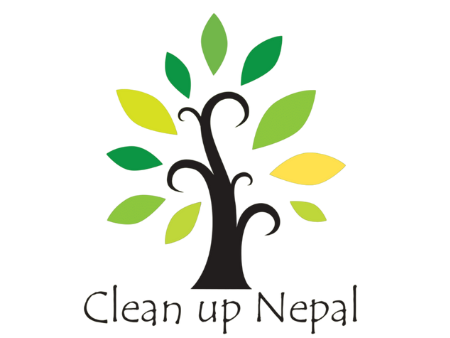Targeted Beneficiaries
350,000
Community people residing the river corridor
10
Schools covering 1000 students
500
IWWs and 2 aggregators (prioritizing vulnerable communities and women)
RIVER+
Reduce and Intercept, Value add through Establishment of a Recycling plant for low-grade plastics and used beverage cartons in Nepal
Funding/Support Organization
- The World Bank
- South Asia Co-operative Environment Programme (SACEP)
Consortium Partner
- Biocomp Pvt. Ltd.
- People In Need (PIN)
Project Start Date
Feburary 2024- April 2025
Project Goal
To contribute to the interception and meaningful reduction of plastic waste in Nepal and economic empowerment of the most vulnerable.
Objective
To establish a gender-aware value chain for the collection and recycling of UBC and low-grade plastics providing decent employment.
Outreach
- 2271 students and 117 teachers through Zero Waste at Schools program
- 2354 individuals including volunteers, community members, project staff actively participated in the clean up events with 63.3% of them being women
- 4418 households were reached through door to door campaign
- 500 Informal Waste Workers out of which 66 Informal Waste Workers participated in HER safety training
Targeted Beneficiaries
350,000
Community people residing the river corridor
10
Schools covering 1000 students
500
IWWs and 2 aggregators (prioritizing vulnerable communities and women)
Geographical Location
Kathmandu Valley, Nepal, with a specific focus on Bagmati, Bishnumati and Manohara rivers
Achievement
- Safa Nepal launched at Kathmandu ward 13 and Lalitpur ward 2 and 9
- Establishment of a direct connection between the schools and informal waste workers (IWWs) from the local community for collection of multilayer plastics generated at schools
- Adoption of sustainable practices at schools such as segregation of waste and composting practice
- Upgrade of CLEAN UP NEPAL’s existing Zero Waste at Schools website by adding two new modules: Module 6: E-waste Management, Module 7: Waste and Climate Change to enhance its content.
- A total of 143,603.5 kg of waste was collected from the banks of the Bagmati, Bishnumati, and Manohara rivers. Of this, 68,943.1 kg was plastic waste.
- Training on Pro – GEDSI encouraged IWWs to recognize personal biases, challenge restrictive gender expectations, and actively contribute to preventing and addressing SGBV within their families and communities.
- The training on Plastic Waste Management helped shift IWWs’ perspectives—encouraging them to see themselves as vital contributors in the waste value chain.
- With continuous follow-ups from community leaders and project team a total of 55 IWWs accessed to different social protection services.
- construction of two gender-inclusive sanitation units, eradication of open defecation, enhanced hygiene standards, menstrual health support, durable infrastructure, and a year-long provision of hygiene supplies.
- A total of 500 IWWs were insured, with coverage effective from October 4, 2024, to January 31, 2025 to protect the occupational health of IWWs by enabling them to claim medical expenses in case of illness, in accordance with the insurance policy, thereby offering essential health support to this vulnerable workforce.
- Health camps helped raise awareness of health risks in waste work, ensured access to preventive healthcare, and strengthened the link between IWWs and local health services, contributing to their occupational safety and well-being.
